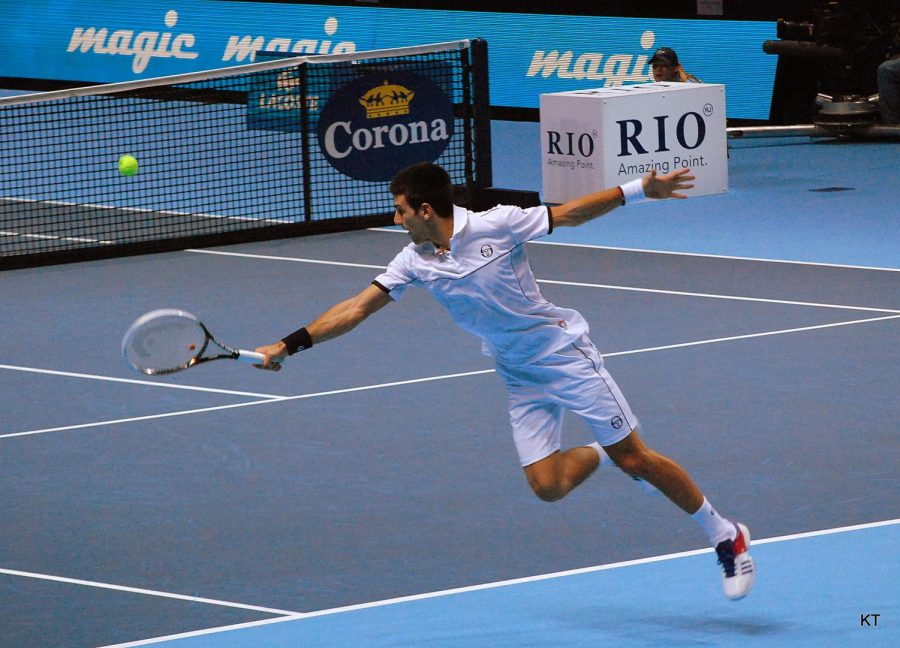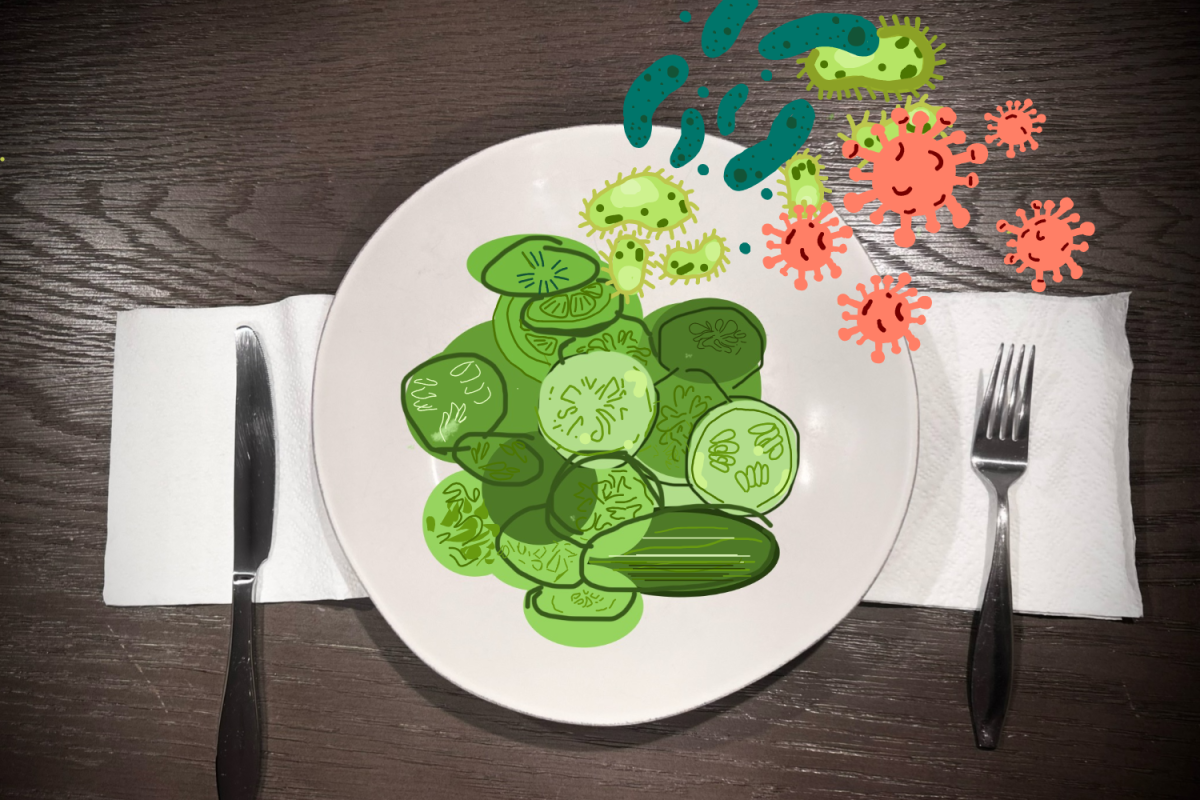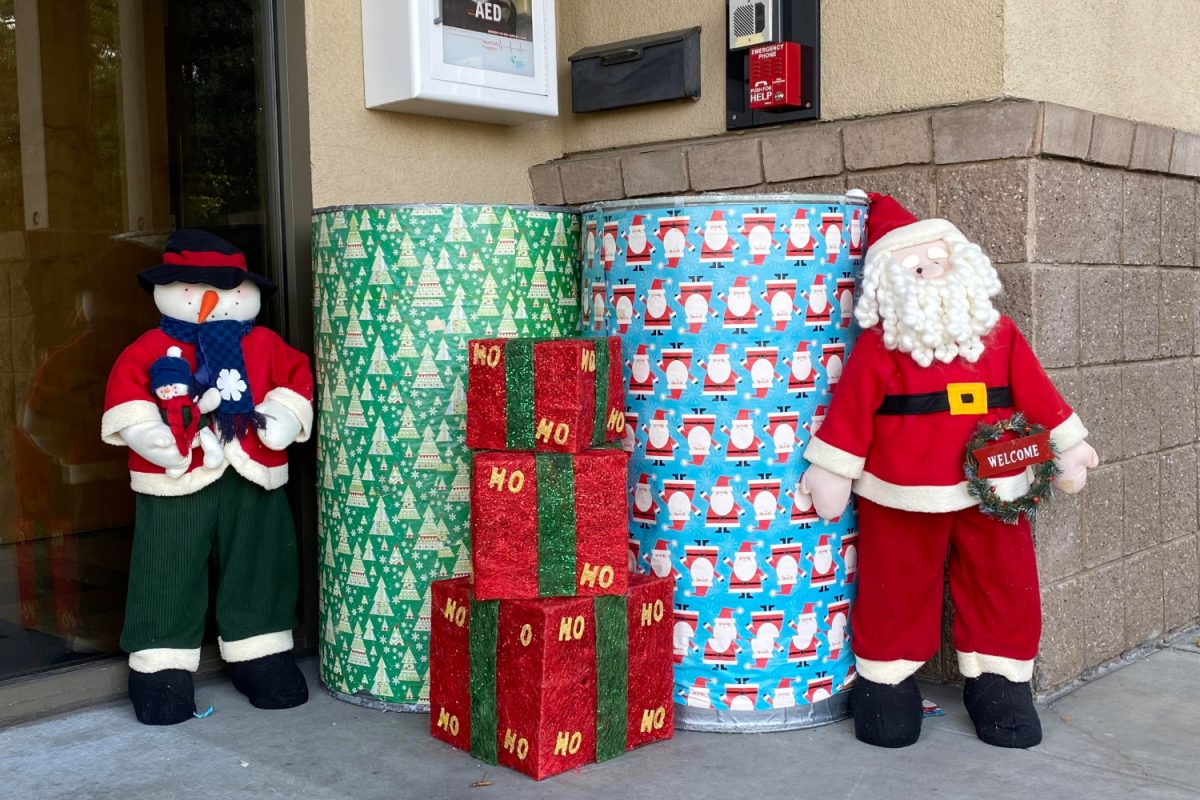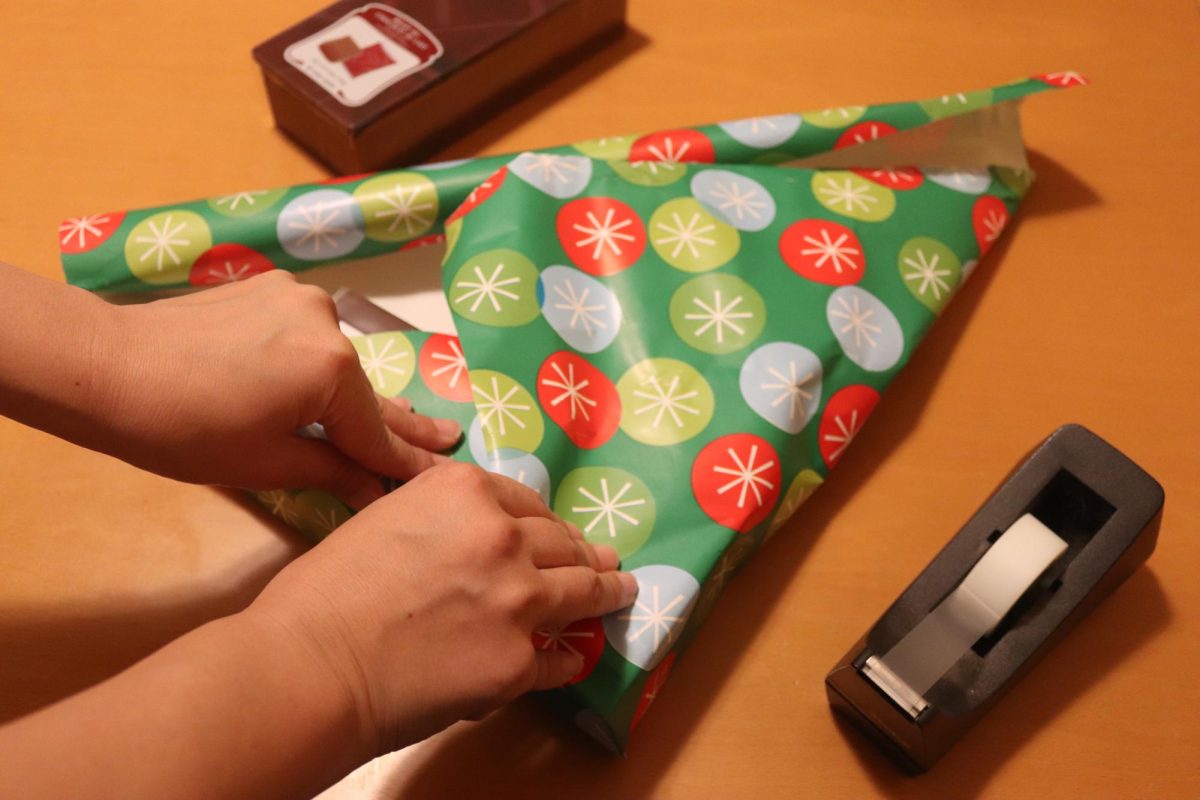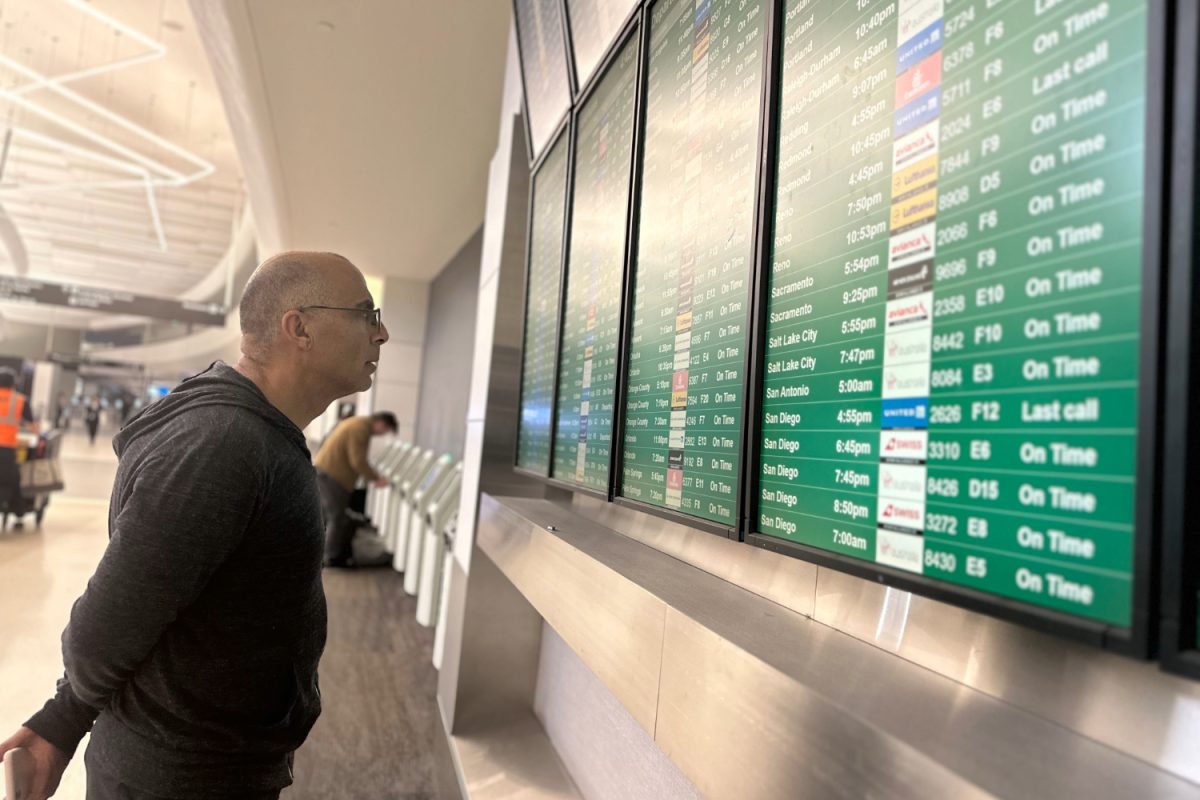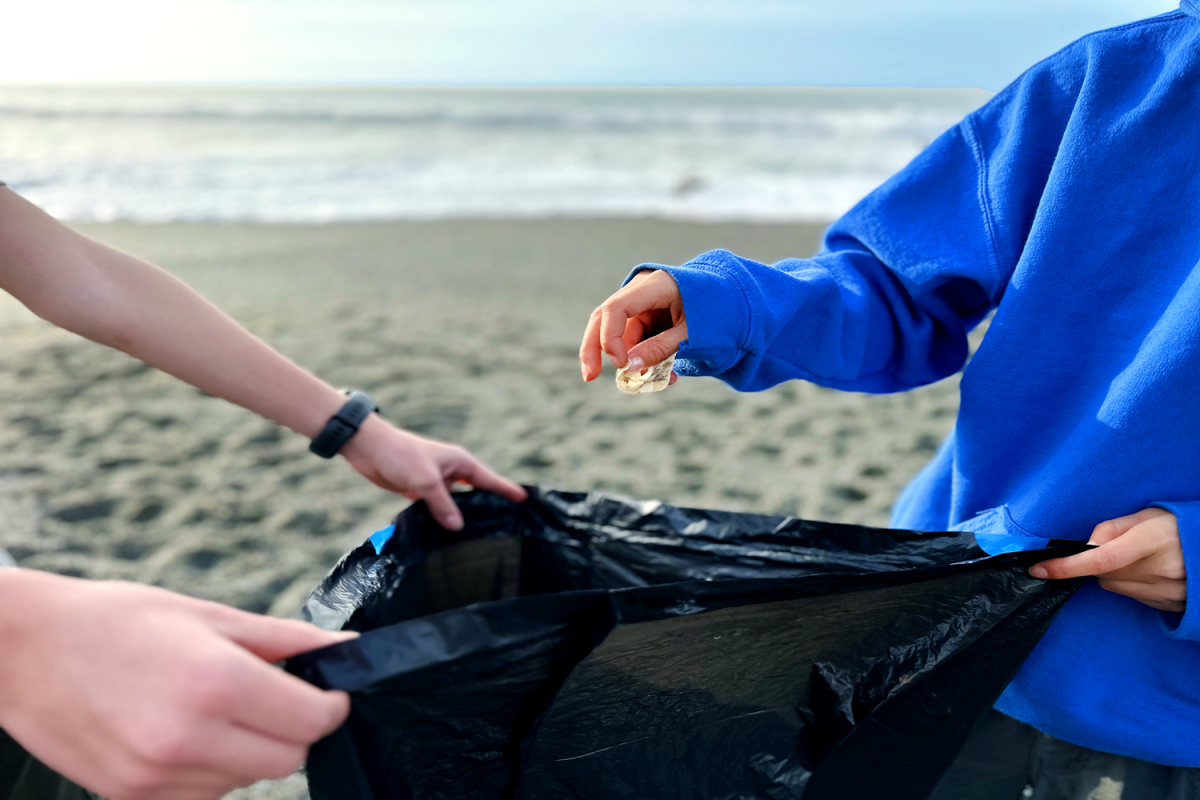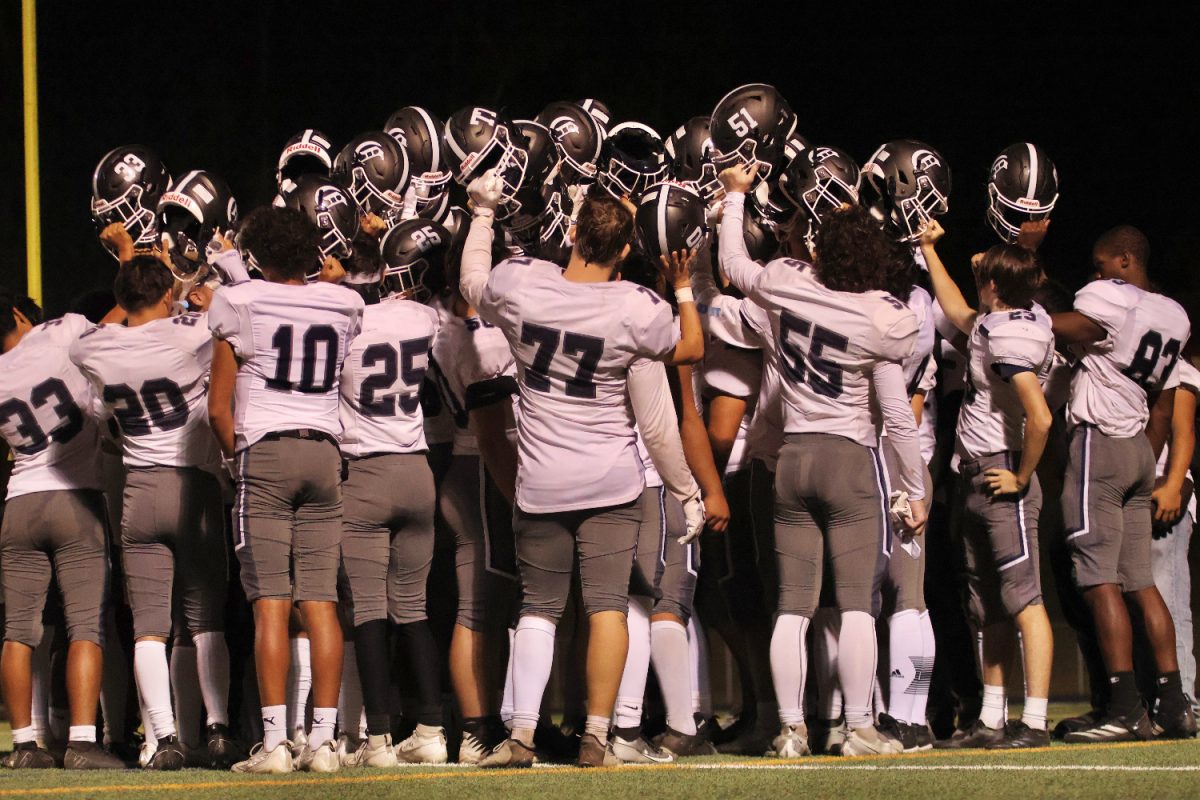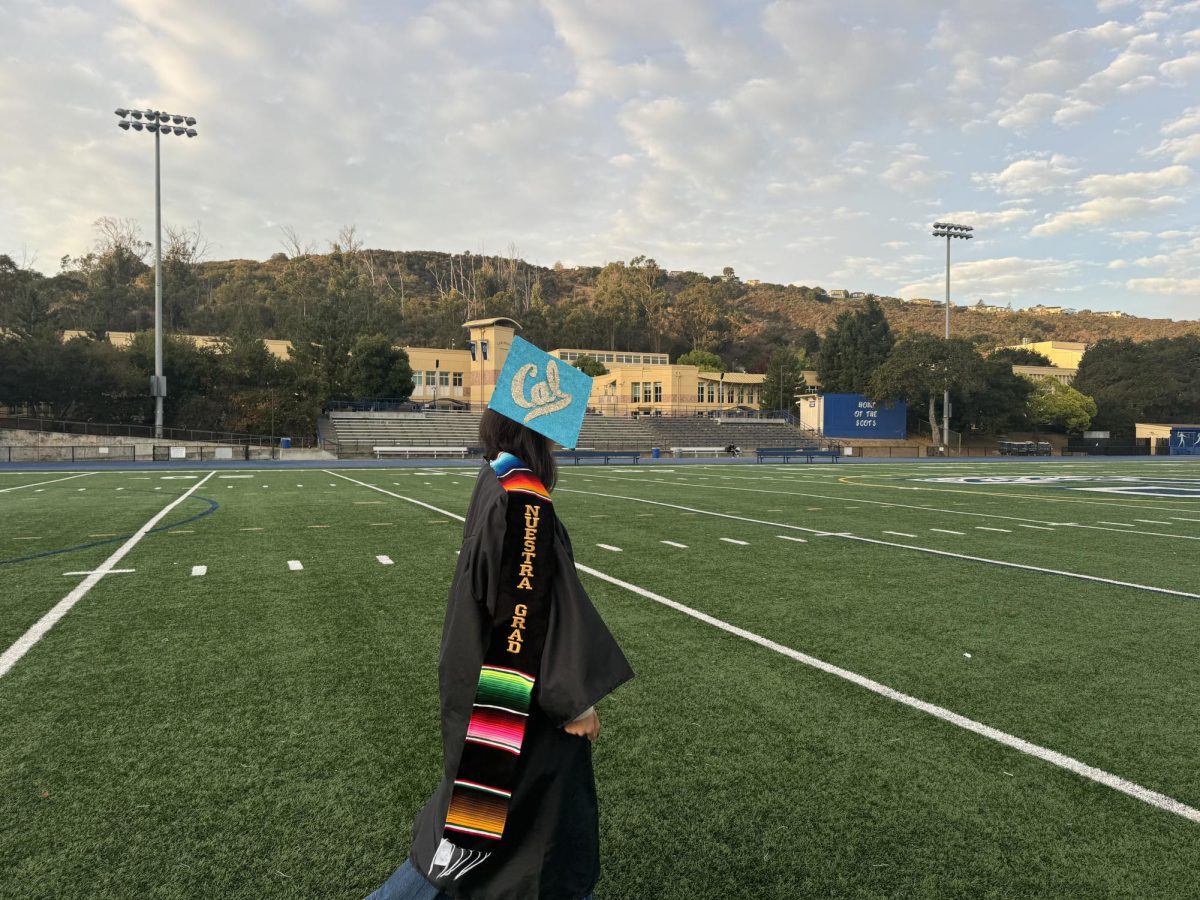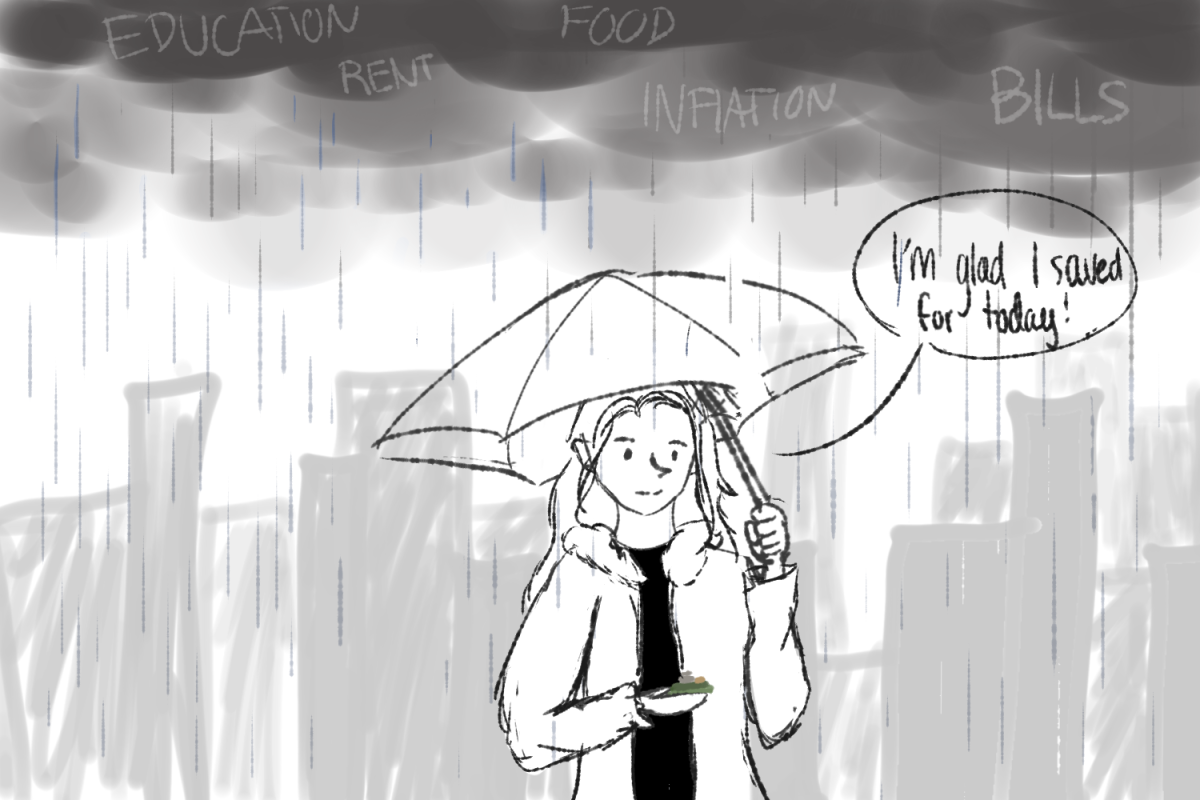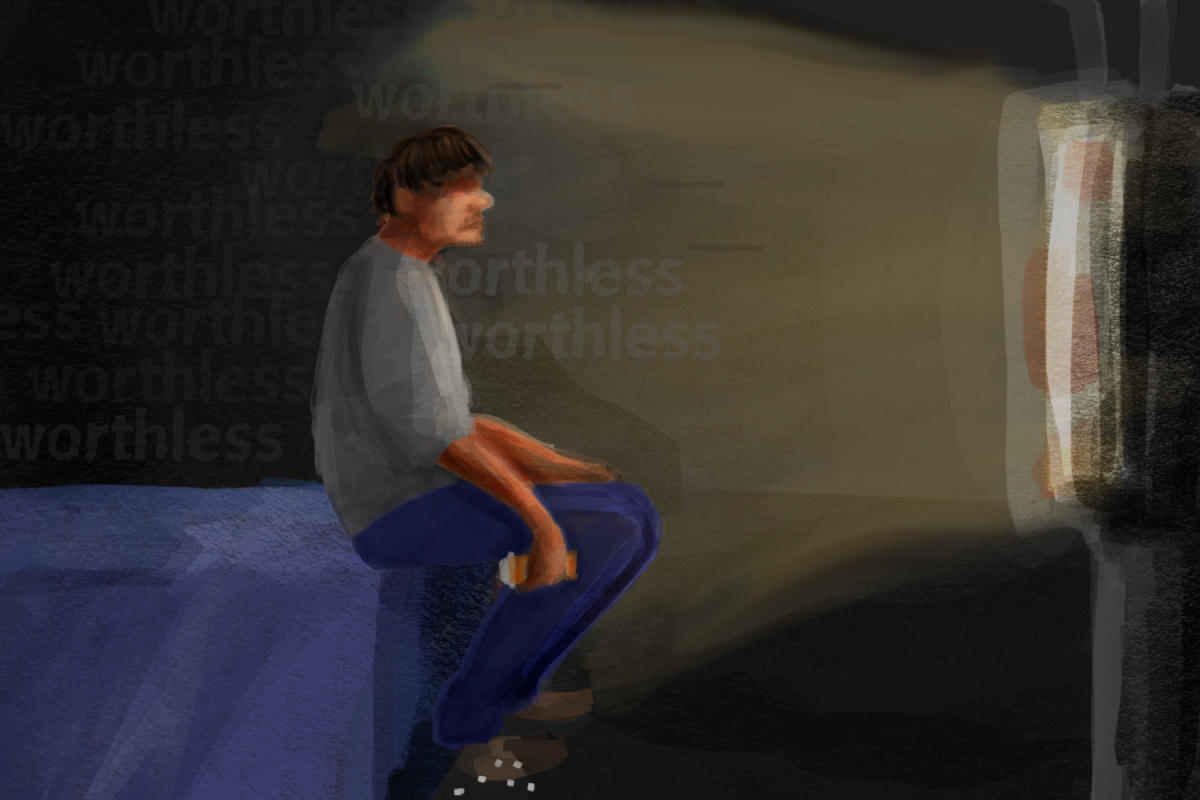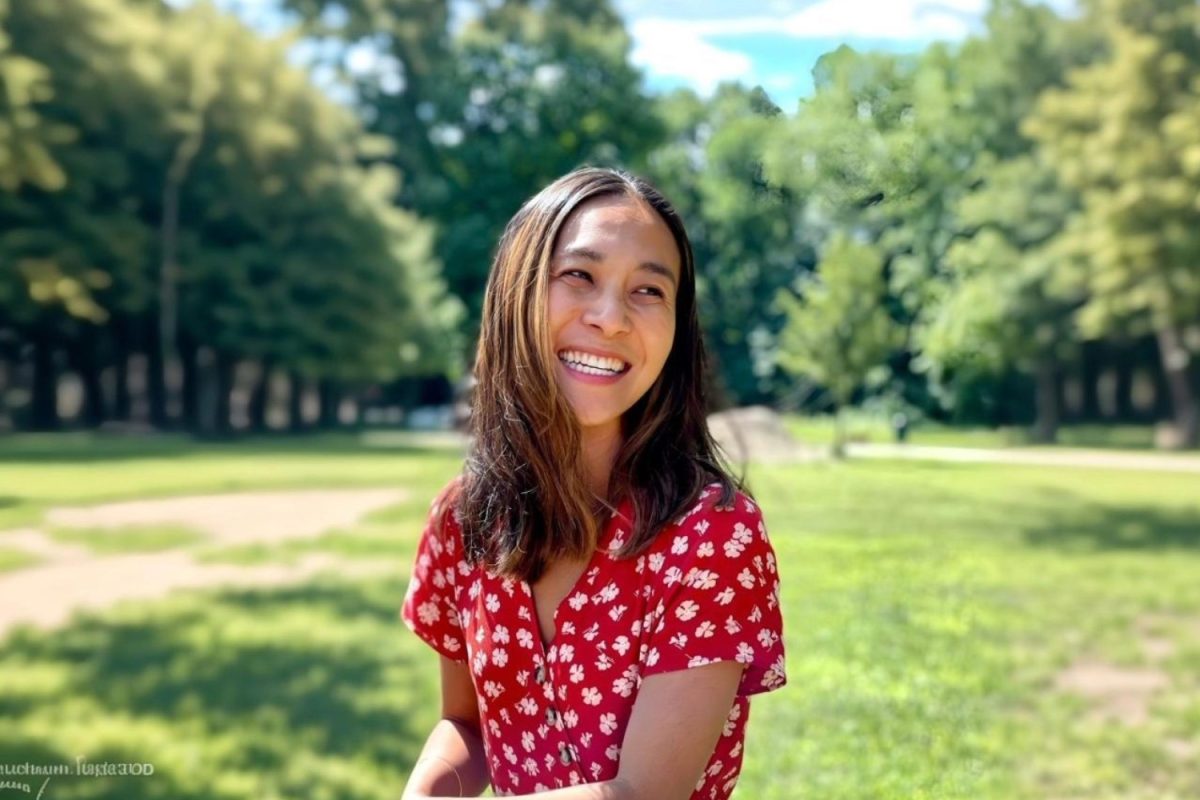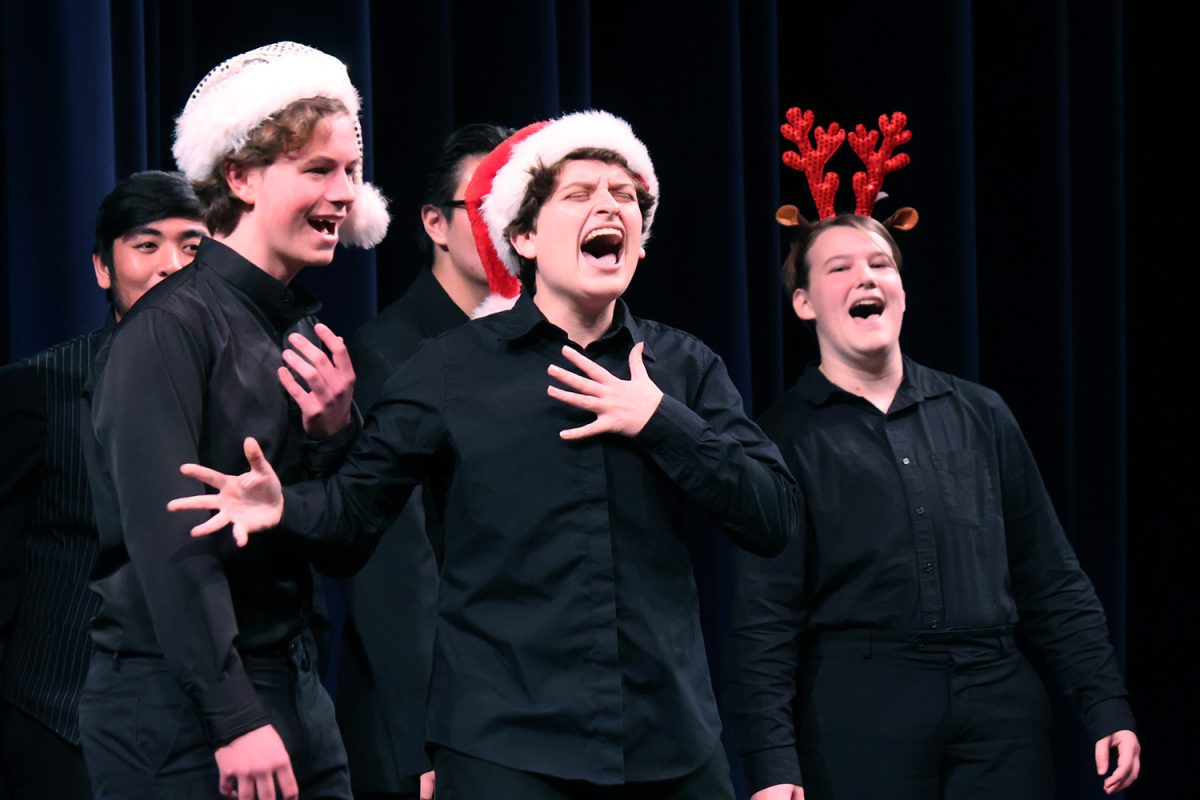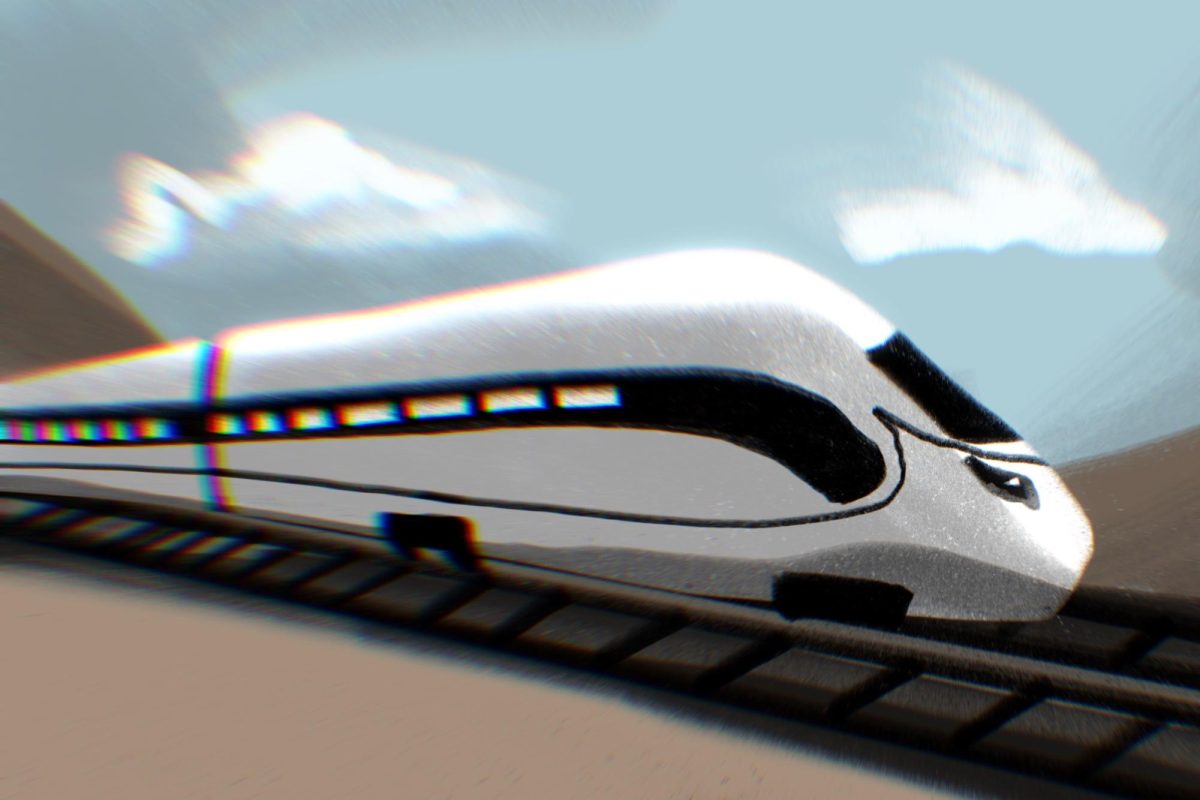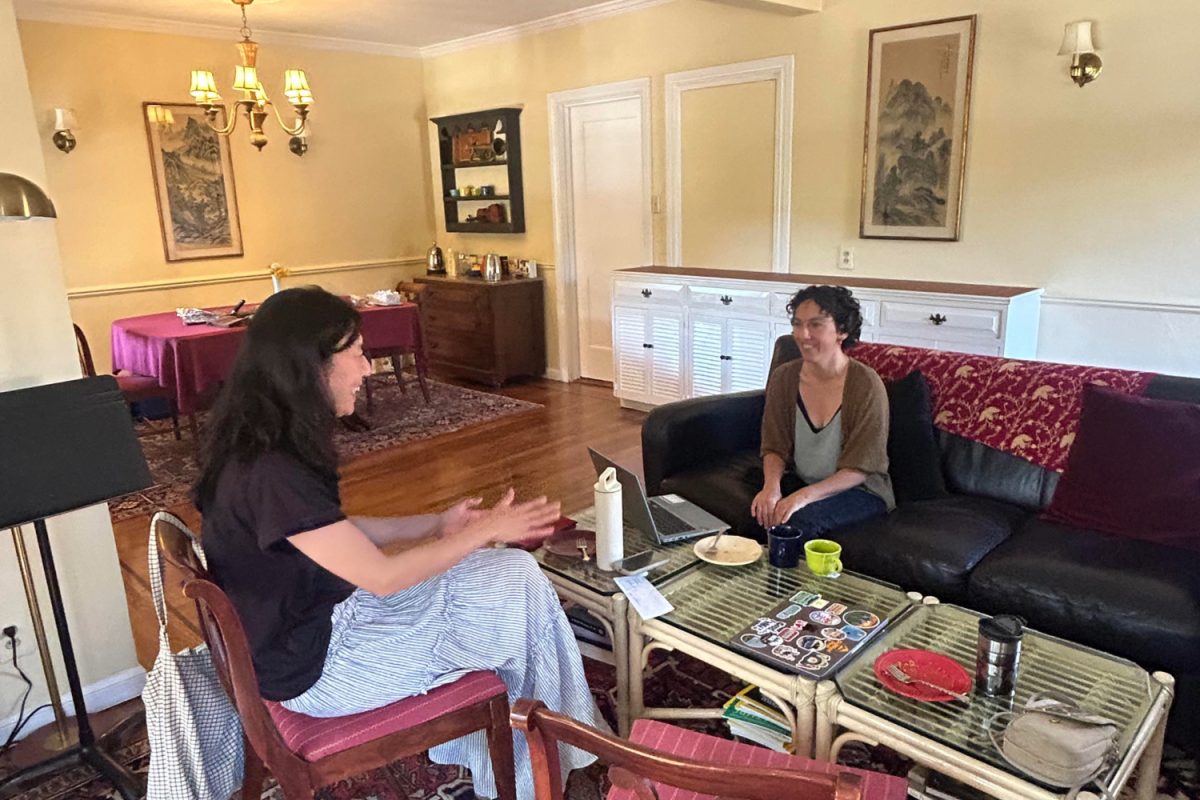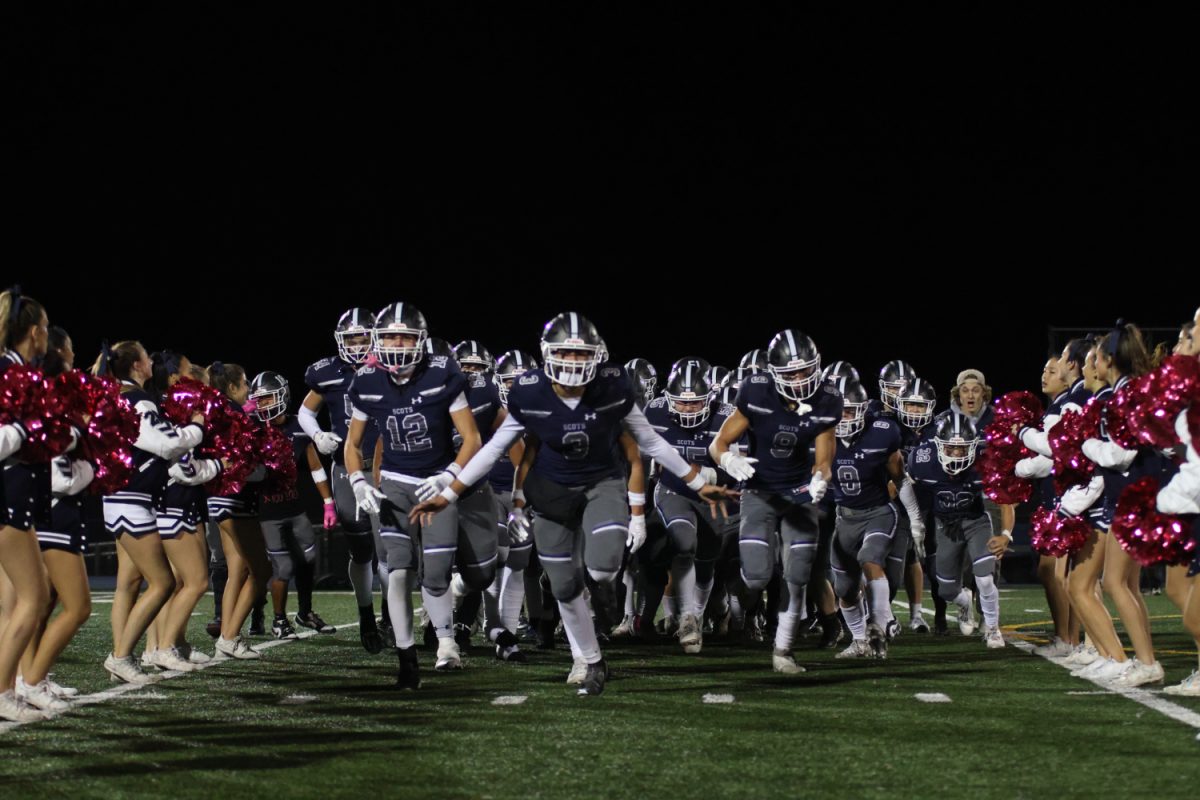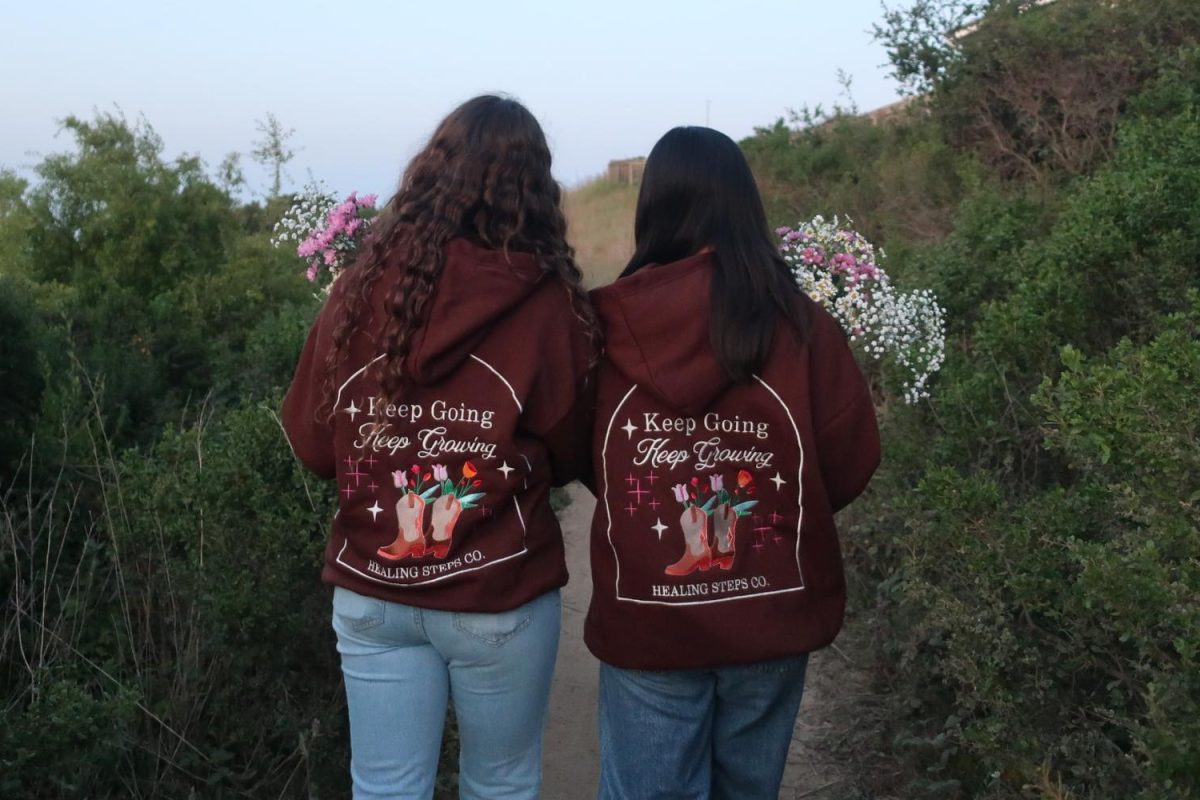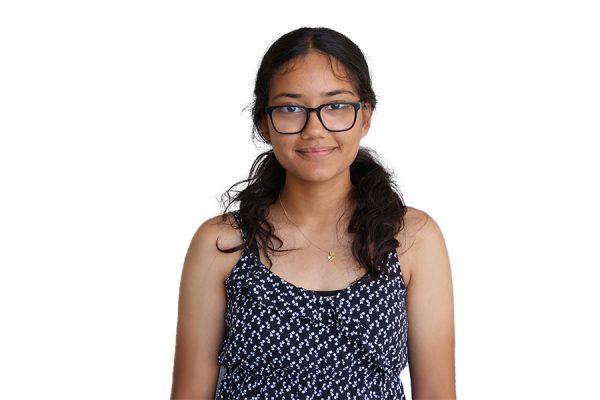Rejection is something that we as humans frequently face in our day-to-day lives, whether that be from people, opportunities, or something else.
However, for tennis superstar and No. 1 ranked player Novak Djokovic, rejection came from the country of Australia in the form of deportation.
As the first grand slam of the 2022 season, the Australian Open, gets underway for its 117th anniversary, one notable name is nowhere to be seen in the tournament’s draw: Novak Djokovic.
As COVID-19 cases, in light of the omicron variant, continue to surge around the world, countries have set new, harsher policies for visitors to enter. Additionally, events such as sports tournaments have been modified to create a safer environment for both the competing athletes and the spectators.
As such, the Australian Open required all players competing in the tournament to be fully vaccinated unless eligible for a medical exemption.
Djokovic was among a small group of players that applied for a medical exemption.
“[Djokovic has] been playing by his own rules and has been doing what not many players had the guts to do. No-one really thought [Djokovic] would come to Australia unvaccinated and not [have] to follow the protocols; it takes a lot of daring to do and putting the grand slam at risk, which I don’t think many players would do,” said Stefanos Tsitsipas, No. 4 ranked player, in an interview for India’s WION news channel.
After his request was looked over by a Tennis Australia panel and again by a second panel of government health experts, Djokovic was granted the medical exemption, which provoked a lot of controversies.
“[Djokovic] is not above the law, I don’t care how many grand slams [he’s] won or how many [he’ll] continue to win,” said Emmy Saleh, an Australian citizen and avid watcher of the sport.
Djokovic was also given a visa to enter Australia, but it was canceled upon his arrival on the basis of him not being vaccinated. Border officials rejected his entry into the country, and he was taken to an immigration detention hotel, where he was kept for five days.
While his detainment made many Australian citizens content, fans of the 20-time grand slam champion were outraged, and a handful gathered outside the hotel to protest.
Many of his supporters were upset that Djokovic was being kept in the dark.
After he was released from the hotel, Djokovic’s case was taken to an Australian court, where his legal team made the argument that Djokovic had been treated unfairly upon his entry into the country, which was grounds for letting him go and returning his visa.
Ultimately, Judge Anthony Kelly, who was hearing the case, agreed with Djokovic’s lawyers. Djokovic was given back his visa and let go from the hotel.
However, only a few days later, controversy surfaced yet again when his court documents and travel declaration form were revealed.
They showed that on top of being unvaccinated, Djokovic had caught COVID-19 twice, with the most recent time having been Dec. 16. Amid this newfound discovery, many people took to social media and found posts of him attending public events and participating in an interview with a French publication while still being COVID-19-positive.
Djokovic was also discovered to have given Australian authorities some false information regarding his whereabouts in the previous 14 days.
“I felt obliged to go ahead and conduct the L’Equipe interview as I didn’t want to let the journalist down, but did ensure I socially distanced and wore a mask except when my photograph was being taken. On reflection, this was an error of judgment, and I accept that I should have rescheduled this commitment,” Djokovic said.
He also said that his agent had mistakenly checked an incorrect box on his travel declaration form, which is where confusion regarding his whereabouts had emerged from.
Only a few days following that, Australia’s Immigration Minister Alex Hawke declared that Djokovic’s visa had been canceled again and that he was to get deported.
Djokovic’s lawyers quickly tried challenging the decision again, but their efforts, this time, went to no avail, and Djokovic was sent back from Australia.
“It’s unfair and unethical for someone to fly into the country and then [be locked up] for days, just to [be sent] back,” said Crystal Kumar, an Australian citizen and fan of Djokovic.
As of now, Djokovic has returned back to his home country of Serbia, where he will begin practicing for upcoming tournaments, having missed out on the Australian Open.
However, this may not be the end of troubles regarding vaccination for him.
The season’s next grand slam tournament, the French Open (also referred to as Roland Garros), scheduled to take place from May 22 – Jun. 5, has also recently announced that it would be requiring all athletes hoping to compete to be fully vaccinated.
“To do your job, to come for pleasure or leisure, to practice a sport, it will be necessary to present a vaccine. This will be valid for people who live in France but also for foreigners who come to our country for vacation or for a major sports competition,” Sports Minister Roxana Maracineanu said in an interview for BFM television.

